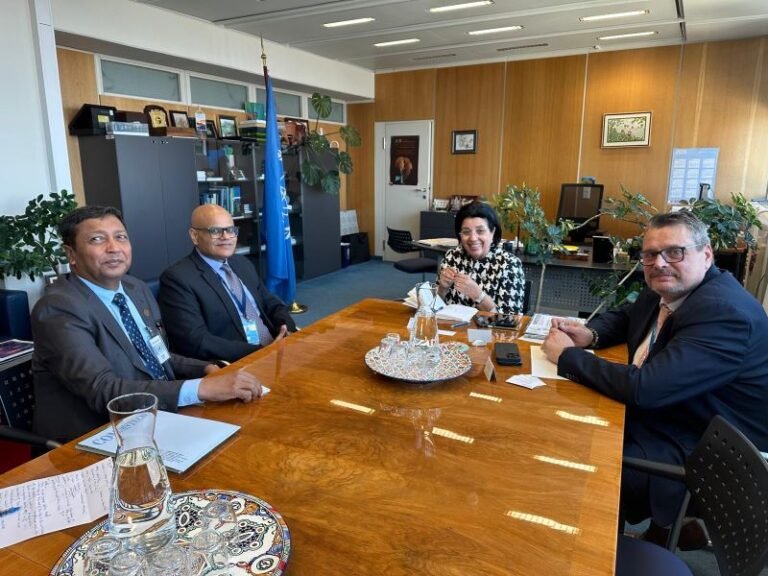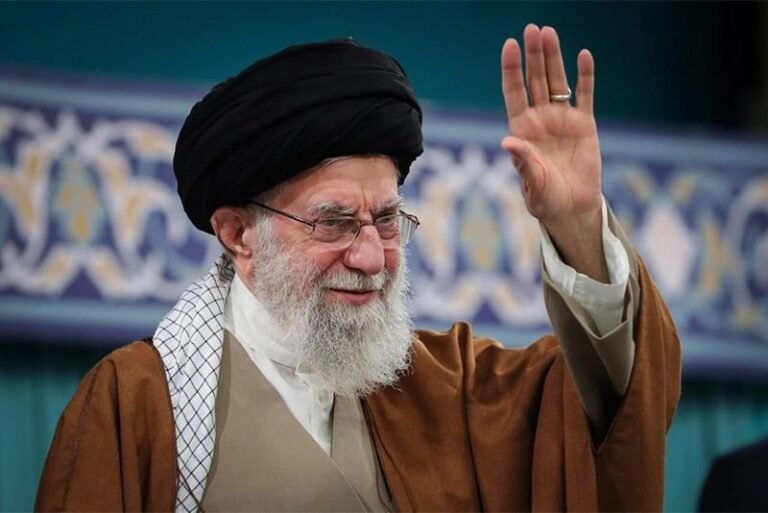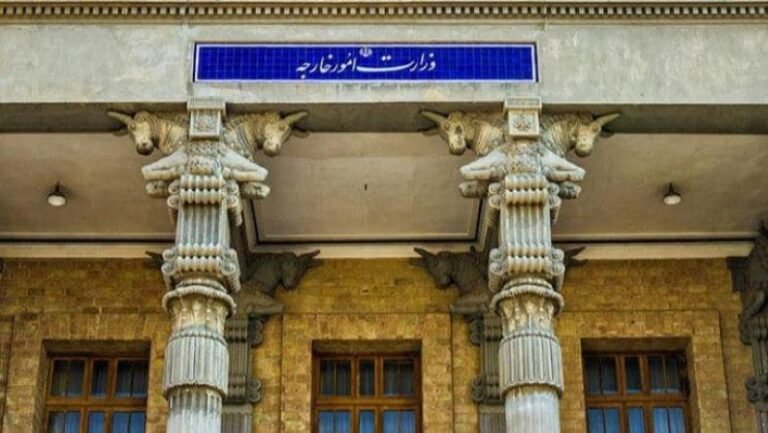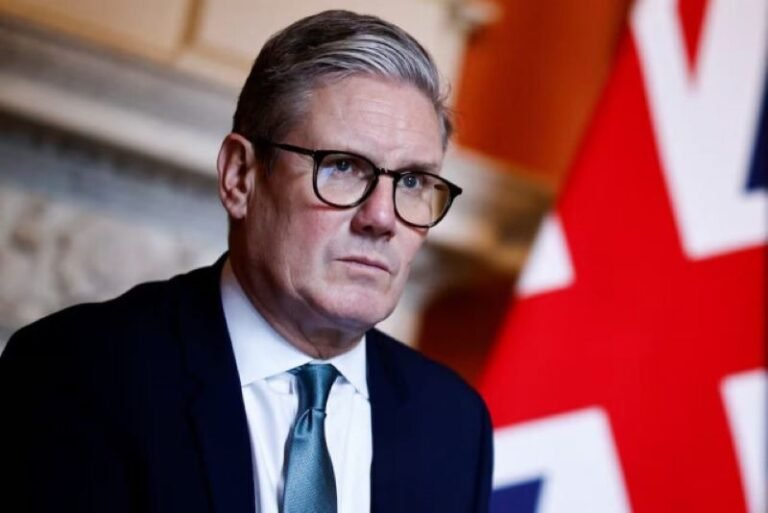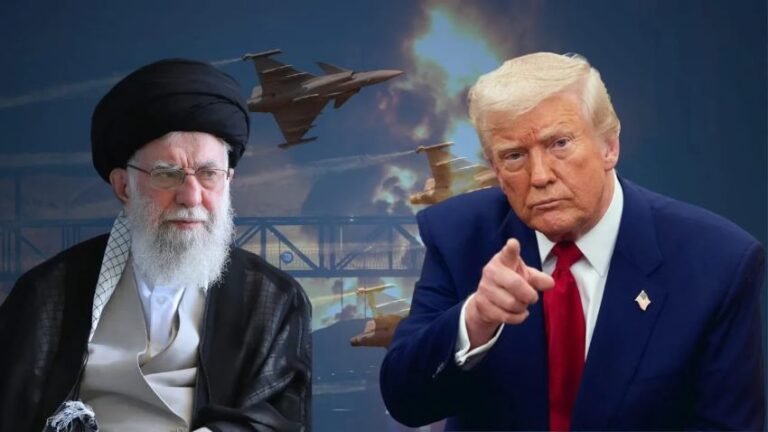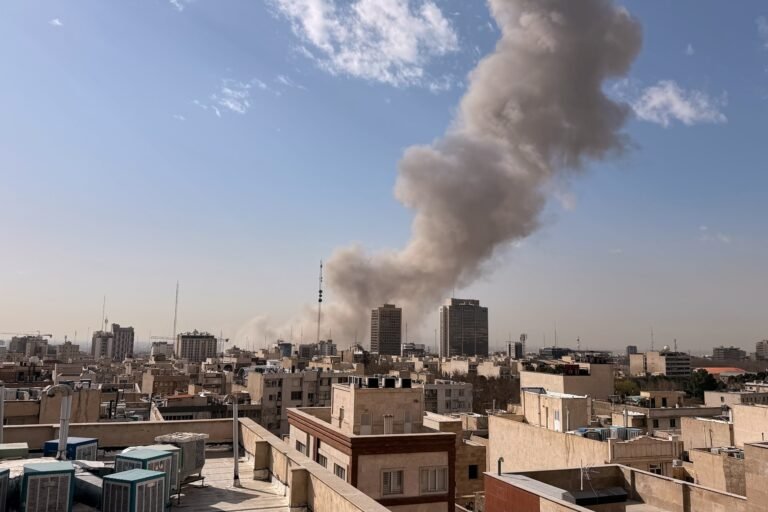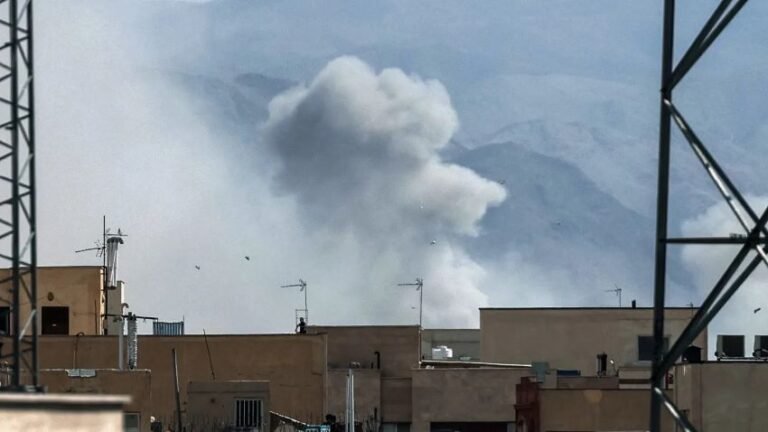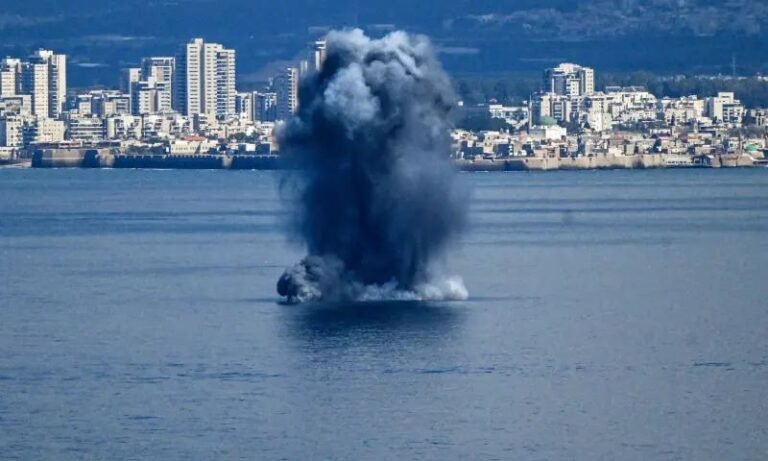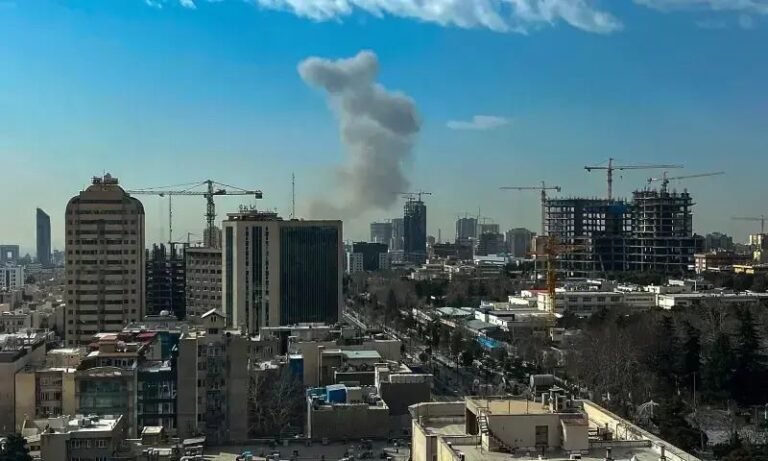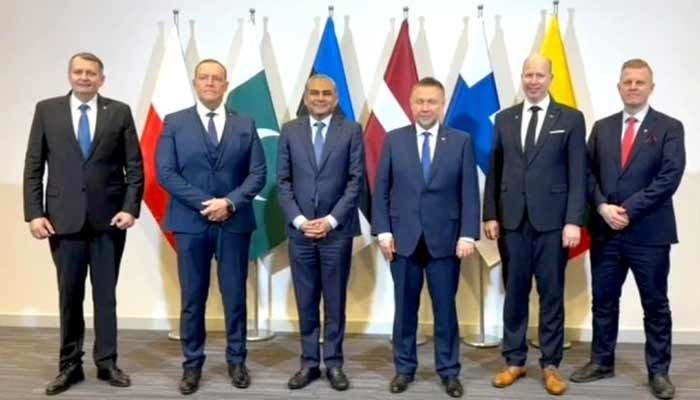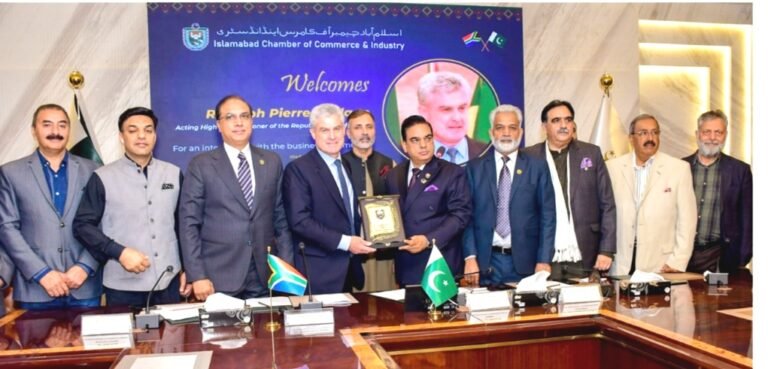Ghulam Muhammad
A virtual meeting chaired by Pakistan, held in Kabul to develop a regional consensus about the future course of actions related to Afghanistan. The meeting was chaired by Mohammad Sadiq, Special representative of Pakistan to Afghanistan along with his Uzbek, Tajik, Chinese, Iranian, and Turkmen counterparts. This marks another shift for regional dynamics since the withdrawal of the US forces and the Bloodless fall of Kabul on 15th August 2021. Post-withdrawal Afghanistan has made these regional players proactive, therefore, the main agenda of the meeting was to address common challenges and opportunities that a new Afghanistan government led by the Taliban will offer to the region. Why does Afghanistan matters to neighbors? A stable Afghanistan would provide a platform for regional coherence and security, economic connectedness, strong people-to-people linkage, enhanced trade, and no threat of terrorism at cross-borders.
Iranian special representative to Afghanistan stressed to develop good relations with Afghan Taliban. Despite bitter relations in past, Iran and Afghanistan took quick steps recently following the notion that the enemy of the enemy is a friend. As far as the new Taliban-in-government is concerned, a conflict between Iran and Afghanistan will not augment well for future course of relations.
Moreover, Iran collaborating with Pakistan and China, a chain of developments will help the execution of a magnificent project i.e. Belt and Road Initiative (BRI) to Iran through Afghan territory and, also completing the CHABAHAR project. Taliban-Iran rapprochement is because of priority concern i.e. ensuring the safety of the Shia community in Afghanistan. Iran cheers US withdrawal from Afghanistan but Iranian foreign policy to Afghanistan will bear the baggage of past lessons, where 11 Iranian diplomats were killed in the old Taliban regime. Condemning non-state actors’ activities i.e. ISIS and others will help develop relations between Tehran-Kabul in the future. Whereas, the new President of Iran, Ebrahim Raisi said that US military exit is seen as an opportunity to restore life, security, and durable peace in Afghanistan.
Pakistan has been playing a pivotal role since day one. Moreover, Pakistan is also blamed for the defeat of superpowers in Afghanistan since 1980. Ambassador Sadiq has also presented the case that Pakistan is one of the countries for paying the highest price in terms of finance and loss of lives due to instability in Afghanistan. Pakistan and Afghanistan are now following a tilt towards the Chinese bloc, despite the chaotic situation in Afghanistan.
Pakistan and China’s Embassy remain functional in Kabul. In addition, the Taliban Spokesperson has made the desire to join CPEC- one of the most active corridors of the BRI project led by China. Pakistan has also put conditional support to the Taliban, as the latter must condemn and distance themselves from all terrorist groups and activities. Trilateral cooperation between Islamabad-Kabul-Beijing will also halt actors’ illegal funding to create anarchy ar cross-borders.
Central Asian Republics are also crucial players when it comes to regional affairs. Three Central Asian republics were attending the meeting, which highlights diverged responses to Afghan Taliban-government-in-making. Uzbek Special Representative to Afghanistan extended diplomatic and commercial support to Afghanistan’s political peace process. Uzbek officials have been in daily contact with the Taliban to ensure peace and stability of borders as well as multi-national Uzbek people. Therefore, the Tashkent government extends remarks of welcoming Afghan Refugees to bring prosperity while dealing with the Afghan Taliban. These steps cannot be taken unilaterally, but request all members of the meeting to deal collaboratively.
Tajik officials and representatives presented the case that Tajik ethnicity, as well as all other ethnicities, must be safe under the new Regime. Moreover, Tajik ethnicity makes up to 46% of the Afghan population, an inclusive government by only Taliban groups cannot be made. Ethnic Tajik was considered a resistant group against the Afghan Taliban and the Soviet invasion. Dushanbe is set to host a session of the Shanghai Cooperation Organization (SCO), where China is leading it.
Also, a cohesive strategy with Pakistan and China is a must to deal with the Afghan crisis. Turkmen Special representative to Afghanistan, however, highlighted the importance of regional integration through economic cohesiveness. Turkmenistan welcomes the quick steps from the Afghan Taliban government, in completing the TAPI pipeline project. TAPI is facing challenges especially the ongoing conflict situation between India and Pakistan is a potential reason for the ongoing delay. On the other hand, there are proven records of the involvement of India in playing proxy wars in Afghanistan against Pakistan.
This meeting demonstrates that there are many common concerns both in the region and with the wider international community. Common concerns such as drugs, refugees, and extremism can be agenda for bringing countries together to cooperate. Since the August 15, bloodless fall of Kabul, Taliban-government-to-come searched for international recognition made an opportunity for China’s quest for more allies in the region.
US-Afghanistan tug-of-war type relations post-US-Exit makes Kabul and Beijing interdependent to achieve new regional and global ambitions together. Landlocked Afghanistan is seen as an opportunity for Chinese ambitions for trade under the BRI umbrella.
Now we see that the Afghan peace chessboard has been laid out. The road ahead post-US-Exit marks a bumpy road for Afghanistan and the region ahead. However, it can result in two potential outcomes, either relative stability or the Syrian-type Civil war. Afghanistan’s neighbors and other regional actors must help to form an inclusive and national government in Afghanistan through a peace diplomacy strategy.
The platform must involve United Nations and regional countries dedicated to humanitarian assistance towards Afghanistan. Furthermore, the policy of containment must be disregarded and if any actor is less likely to be involved in the Afghan issue is deciding its future of staying away from regional connectedness. At the crossroads, now is the time for regional stakeholders, who have the power to help forge peace. Also, it is the ripe moment for Afghanistan’s neighbors to work collectively to prevent further chaos.
The writer is a student of National Defence University Islamabad, currently enrolled in the last year of Bachelor’s Degree in International Relations.
* Opinions expressed in this article by the author only and do not necessarily represent those of this organization.
Established in December 2008, The Diplomatic Insight is Pakistan’s premier diplomacy and foreign affairs magazine, available in both digital and print formats.



